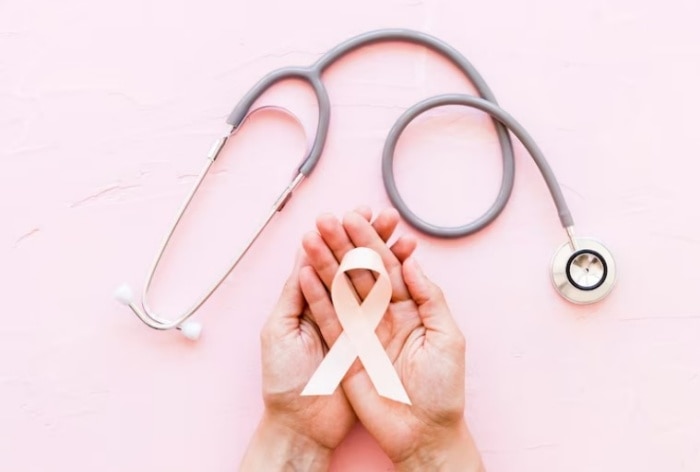Cancer is one of the common chronic diseases that claim millions of lives each year. This is why it is essential to get regular screening exams for early detection.
Cancer is one of the leading causes of death worldwide. Every year millions of people die from this chronic disease. Cancer is a chronic condition that can have a significant impact on an individual’s quality of life. While there is increasing awareness of this public health problem, it is still mostly detected in advanced stages. People need to be more attentive to the importance of detection and prevention that can be taken to reduce the risk of developing it. In many cases, early detection and ongoing care can help manage the condition and improve the patient’s quality of life.
Early detection of cancer: the importance of regular exams
Regular cancer screening exams are essential to detect cancer early, which is key to effective cancer management. When cancer is detected early, it is usually easier to treat and has a better prognosis than advanced-stage cancer. For this reason, doctors recommend that people have regular cancer screenings, especially if they are at high risk of developing cancer.
Some of the most common cancer screening tests include mammograms for breast cancer, colonoscopies for colorectal cancer, and Pap smears for cervical cancer. However, depending on a person’s age, gender, and other risk factors, additional screening tests may be recommended.
4 Healthy Living Habits and Cancer Prevention
While regular screening exams are essential for early detection, adopting healthy lifestyle habits can also help reduce your risk of developing cancer in the first place.
- TO healthy diet rich in fruits, vegetables, whole grains, and lean protein may help reduce cancer risk. Regular exercise can also help reduce the risk of various types of cancer.
- Being overweight or obese increases the risk of several types of cancer, so keep a healthy weight It’s crucial.
- In addition, smoking and excessive alcohol consumption are significant risk factors for several types of cancer, so it is essential to avoid these habits.
- Finally, protect your skin from the sun’s harmful UV rays may help reduce the risk of skin cancer.
Ongoing cancer care: the importance of follow-up appointments
Even after a cancer diagnosis, ongoing care is crucial to effectively manage the condition. Follow-up appointments with doctors and other health care providers can help make sure the cancer is being properly controlled and any side effects of treatment are being addressed. Ongoing cancer care may include regular checkups, blood tests, imaging tests, and other diagnostic tests to monitor the progress of the cancer. If you are at risk of developing cancer, it is important to contact a health care provider to learn about screening options and ways to reduce cancer risk through healthy lifestyle habits.
(- input from Dr. Mandeep Singh Malhotra, Director of Surgical Oncology, CK Birla(R) Hospital, Delhi)
$(document).ready(function(){
$(‘#commentbtn’).on(“click”,function(){
(function(d, s, id) {
var js, fjs = d.getElementsByTagName(s)[0];
if (d.getElementById(id)) return;
js = d.createElement(s); js.id = id;
js.src = “//connect.facebook.net/en_US/all.js#xfbml=1&appId=178196885542208”;
fjs.parentNode.insertBefore(js, fjs);
}(document, ‘script’, ‘facebook-jssdk’));
$(“.cmntbox”).toggle();
});
});
